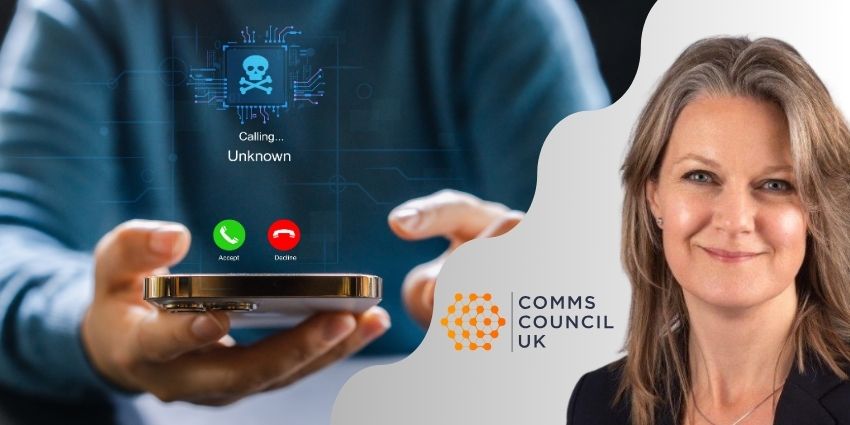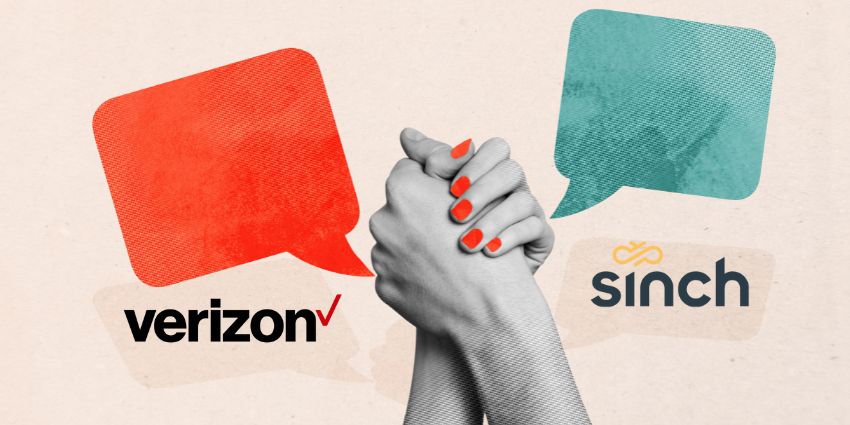For businesses, connecting with customers can be difficult. And for enterprises that want to contact customers, the roadblocks are tenfold. At this year’s SIGNAL, Twilio launched ‘Verified by Twilio’ to provide customers with verified information about who is calling and why.
With growing privacy and spam concerns, a rising number of businesses have calls rejected by customers. According to Inc., 50 percent of all calls placed are robocalls or cold calls from enterprises both legitimate and illegitimate. An even higher amount of calls aren’t answered by customers, found the makers of Caller ID app Hiya.
Hiya released its State of the Phone Call report, a report that analyzed 11 billion phone calls and revealed Americans answered 52 percent of all calls made to their mobile devices. That number increased to 76 percent of calls not answered because consumers believed the calls were spam.
What is ‘Verified by Twilio?’
At this year’s SIGNAL conference, Twilio introduced an ingenious solution to the growing epidemic of business calls going unanswered. The company launched ‘Verified by Twilio’ to provide customers with verified information about who is calling and why. It partnered with leading call identification apps to assist more than 200 million customers in filtering out spam calls.
Twilio co-founder and CEO, Jeff Lawson, spoke about transparency and ‘restoring trust in the phone call’ at SIGNAL, sharing:
“At Twilio, we want to help consumers take back their phones so that when their phone rings, they know it’s a trusted, wanted call. A lot of work is being done in the industry to stop unwanted calls and phone scams, and we want to ensure consumers continue to receive the wanted calls.”
“Verified by Twilio aims to provide consumers with the context to know who’s calling so they answer the important and wanted calls happening in their lives, such as from doctors, schools, and banks”
Available in private beta testing for carriers, mobile operating systems, and apps – it is clear what Twilio’s mission is. They want to improve enterprise call answer rates.
Spammers Get More Creative
Twilio has some serious work to do when it comes to blocking robocalls and spammers. Given today’s technology, it is simpler to hide or manipulate your true identity. Through ‘spoofing’ local numbers to make them appear real, scammers are likely to get what they want from unsuspecting targets. And if its personal information spammers seek – they will obtain it.
According to Hiya, around nine percent of spam calls get answered each month. While nine percent doesn’t sound high, consider that Hiya found that spammers made 26.3 billion robocalls to American phones in 2018, up 46 percent from 18 billion in 2017.
Twilio is out to fight a genuine obstacle for enterprises; the distrust spammers cause amongst customers. There is already a lot of damage done, and Twilio hopes to repair these crucial relationships so businesses can connect with consumers on the devices they use most and make customers want to answer business calls.







